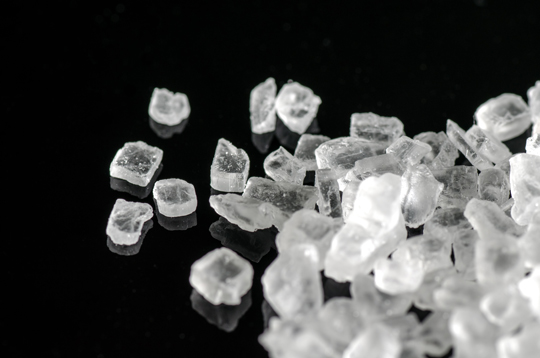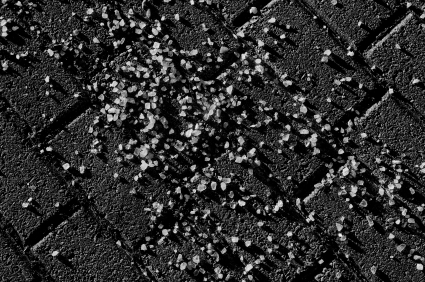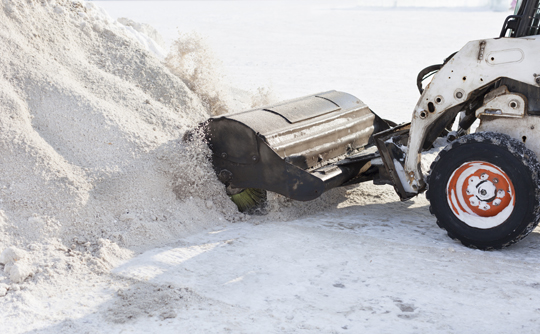Traditional rock salt, or a form of sodium chloride, is a cheap way many municipalities keep roads dry during inclement weather. It is the cheapest form of ice melt found in stores, and therefore many people use it each winter on their walkways, patios, and driveways.
Unfortunately, this chemical is harmful to the environment and can even kill your own vegetation. There are environmentally friendly alternatives to rock salt, although they generally come at a higher price.
Calcium Magnesium Acetate: This is a salt-free de-icing option. It is biodegradable, so it is less likely to harm vegetation. It is also more expensive and less effective. It is only effective in temperatures above 25 degrees Fahrenheit.
Calcium Chloride: While this option is less damaging than rock salt, anything with chloride can still be harmful. It is also corrosive to metals (i.e. the undercarriage of your car) and harmful to pets’ paws.
Urea: This compound is much safer to use near vegetation, but is also less effective at melting the ice.
Gravel/Sand: Although these materials do not melt the ice or snow, they allow for more traction. They are cheap, and as long as you only use a small amount, they should be easy to sweep up without harming your landscaping.
Elbow Grease: The best way to keep snow and ice off your walkways while maintaining a healthy environment is through preventing it all together. Stay on top of shoveling and break up and remove small ice patches before bigger ones can form. If you let snow and ice accumulate, it will become increasingly harder to remove.
Need More Help?
As we age, shoveling snow or even applying ice melt can be difficult and hazardous. If you believe your project is too big to tackle alone, call a snow removal expert. TalkLocal will find and connect you with a professional that will know all the environmentally friendly alternatives to rock salt and can keep your walkways clear. Our service is incredibly easy to use and absolutely free.











